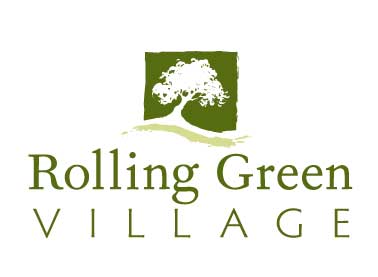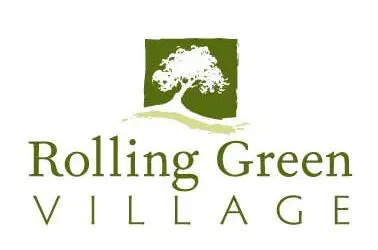Older adults are becoming much more aware of the importance of brain health. Just like monitoring the body’s cholesterol, blood pressure and blood glucose levels for early signs of trouble, there are similar benefits to be gained from memory screening.
But if you’ve never heard of memory screening, you may be wondering what it is and how it could be important for you and your overall brain health. You might not currently be experiencing memory problems, or perhaps you’re not that concerned about memory loss as you get older.
However, the risks of an older adult developing some sort of cognitive impairment rise with age. About 20 to 25% of Americans 65 and older have mild cognitive impairment, while about 10% have dementia.
And though recent studies show the prevalence of dementia in the U.S. has fallen in the past few years, the population of older adults is increasing. Which means the number of people affected by dementia is increasing.
Let’s take a closer look at what memory screening is and why it’s important, explore the benefits you may gain from undergoing memory screening, and where you can find memory screening in your area.
What memory screening is
Experiencing some memory loss is normal as you age. You may forget where you left something, not remember a friend’s phone number, or forget to buy something at the grocery store. It happens to nearly everyone.
But it’s important to know when it’s simple forgetfulness and when it might be a sign of a memory problem. The signs of Alzheimer’s disease can be detected as early as 15 years before symptoms of mild cognitive impairment even appear.
A memory screening is like any other routine health checkup or medical evaluation. It’s a safe and simple evaluation tool that checks memory and other thinking skills. Typically, a memory screening test takes about 20-30 minutes and is usually conducted by a doctor, nurse practitioner or other health care professional. The screening usually asks for a list of questions and tasks that test language and memory skills.
For example, you may be asked to remember a short list of common objects and then later be asked to repeat those objects. Or, you may be shown a series of two unrelated words — like house and foot — then be asked to name the second word, foot, when the first word, house, is displayed.
You may also be asked questions that measure your sense of location, date and time, be asked to draw a clock, or be asked to do basic math, like counting backwards from 100 by increments of 7, to test your attention.
Why memory testing is important
As we mentioned earlier, the signs of Alzheimer’s disease can be detected several years before symptoms start to appear. And there are benefits to early detection, according to the Alzheimer’s Association. Among them:
- Early detection gives you a better chance of benefiting from treatment options, such as the latest drug therapies that can reduce functional and cognitive decline.
- You may be eligible to participate in a wider variety of clinical trials to advance research and get access to medical benefits.
- You may be able to make lifestyle changes — giving up smoking, lowering your blood pressure — that can help preserve your cognitive function.
Other benefits from memory screening
Knowing there currently isn’t a cure for Alzheimer’s disease or other dementia-related illness, you may not have much motivation to be tested. But aside from early detection being crucial to receiving proper treatment, memory screenings can also give you peace of mind if you don’t have dementia.
Memory screenings are also an excellent starting point for evaluating people who may have other memory concerns. Some memory problems can be caused by stress, anxiety or depression; medications may also cause confusion or memory loss, and can be treated.
Where to find memory screening
There are informal tests you can take online. But you may be more interested in being tested by a health care professional who can also help you receive an official diagnosis and assist you with next steps.
The Alzheimer’s Foundation of America offers a national memory screening program that is currently available online. It’s free, confidential and administered by qualified health care professionals to people living anywhere in the country.
You may also choose to talk directly with your own doctor about performing a memory screening. Your screening may be covered by Medicare or by your private insurance. Talk with your doctor and insurance company about your options.
If you’ve been diagnosed with Alzheimer’s or other type of dementia
Receiving a diagnosis isn’t easy, and can bring with it a range of emotions. But you don’t have to look for answers on your own.
Our caring and knowledgeable memory care staff at Rolling Green Village can help you understand your diagnosis and decide what comes next. We offer remarkable memory care facilities as just one of the levels of care available at our senior living community. You’ll find specialized care provided by highly trained memory care professionals who employ the latest dementia care tools and most innovative programs available, all for the benefit of each resident.
If you or someone you care about has been given a diagnosis, we’re here to give you hope. Contact us, and let’s talk.



